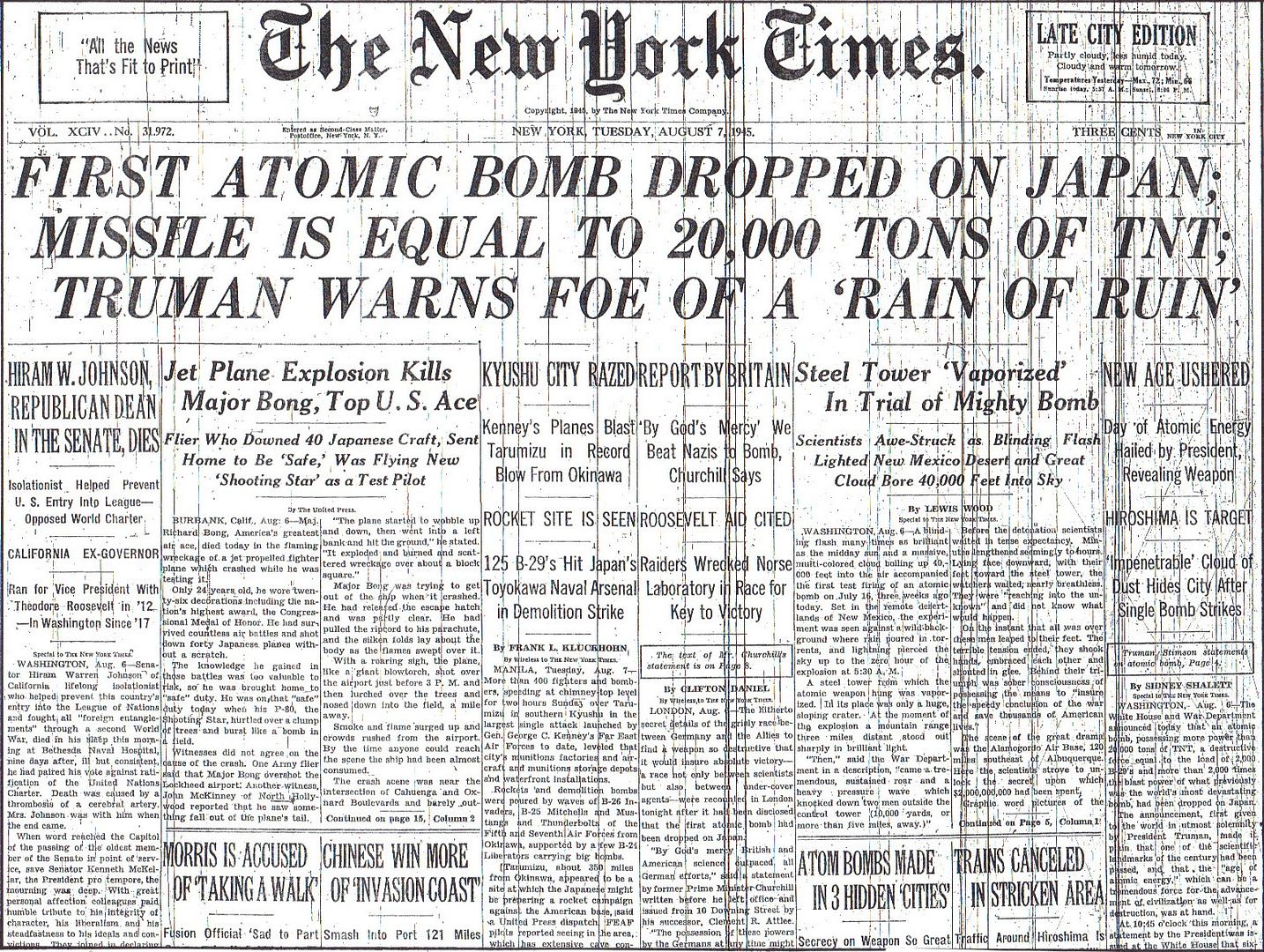
Posted on 08/07/2015 4:56:59 AM PDT by Homer_J_Simpson

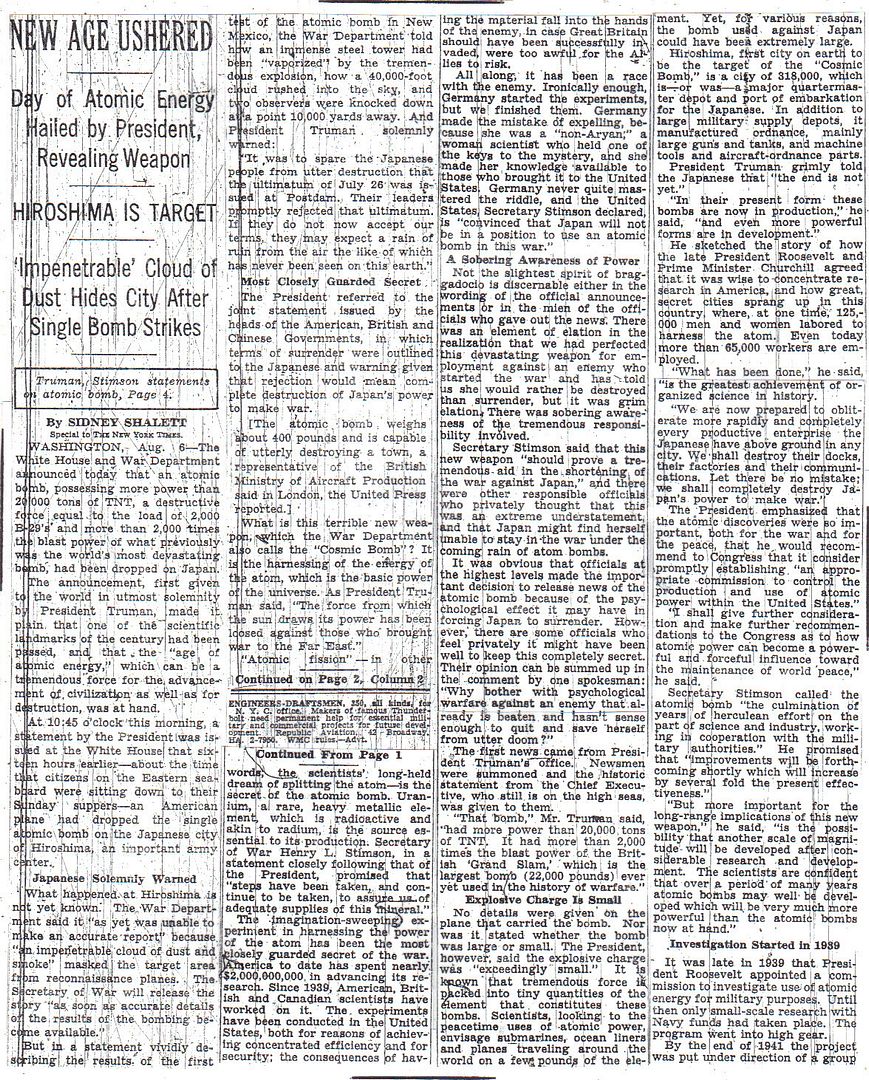
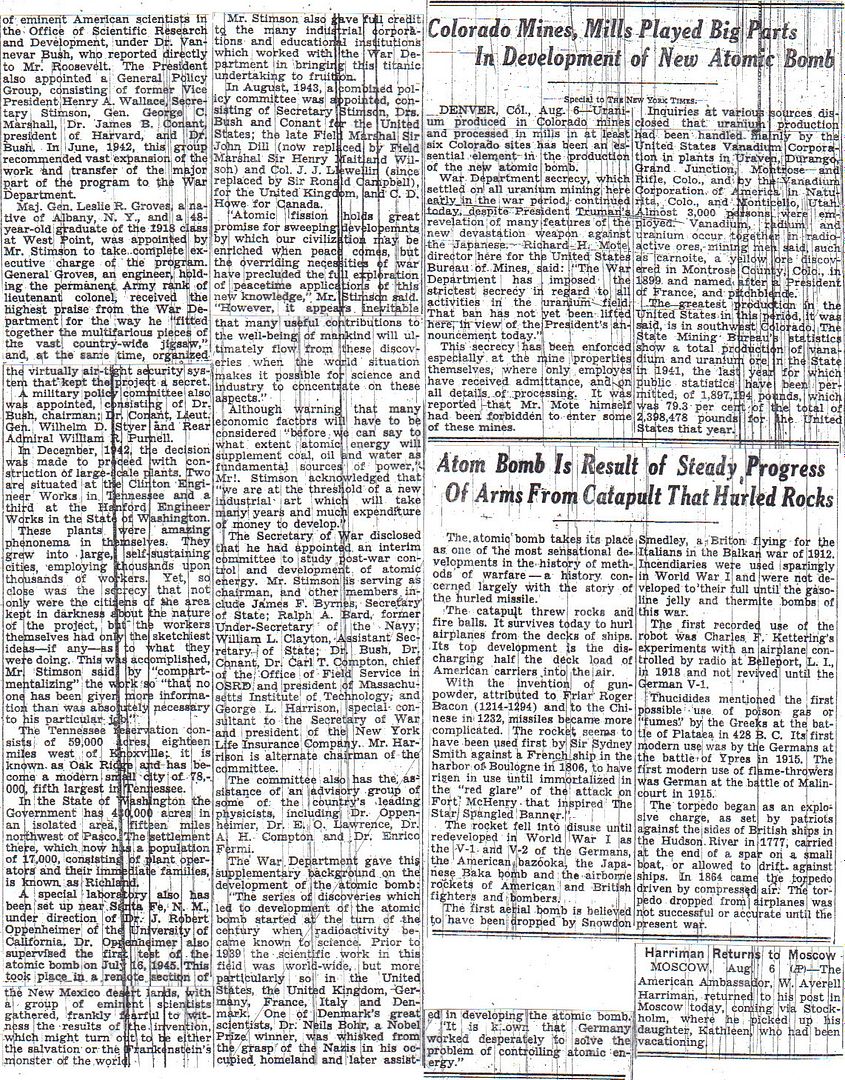
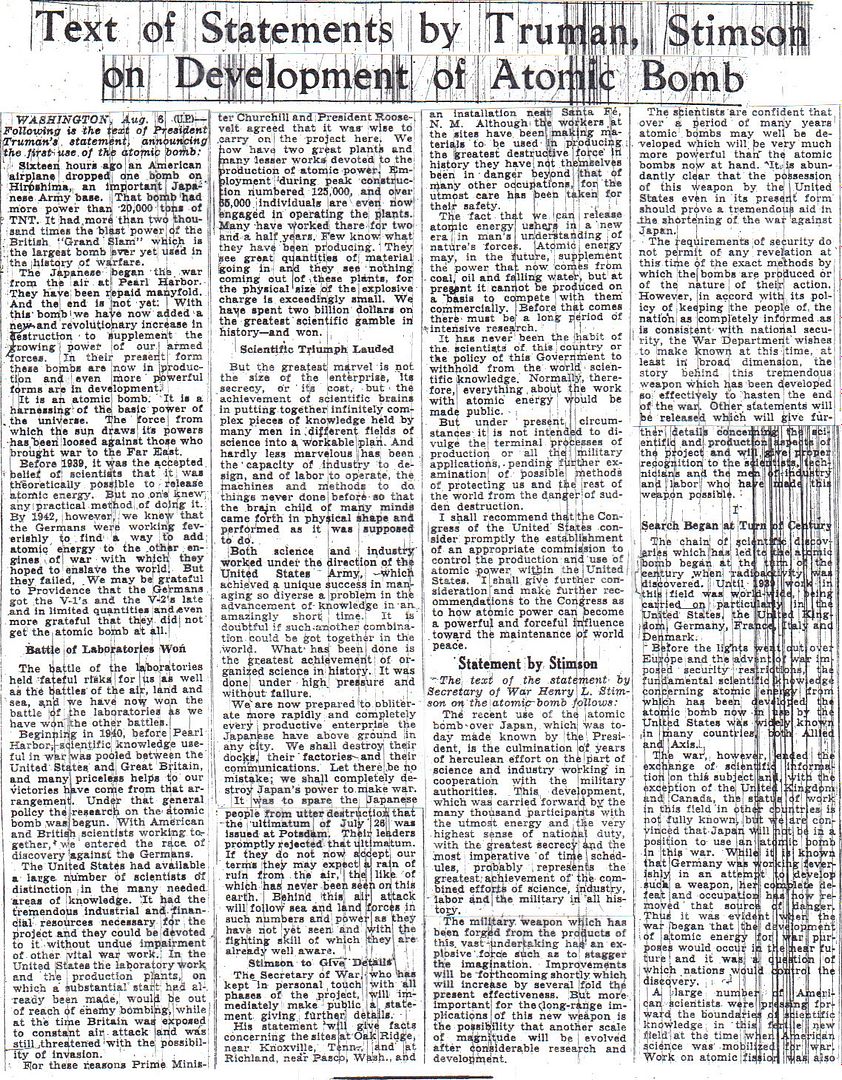
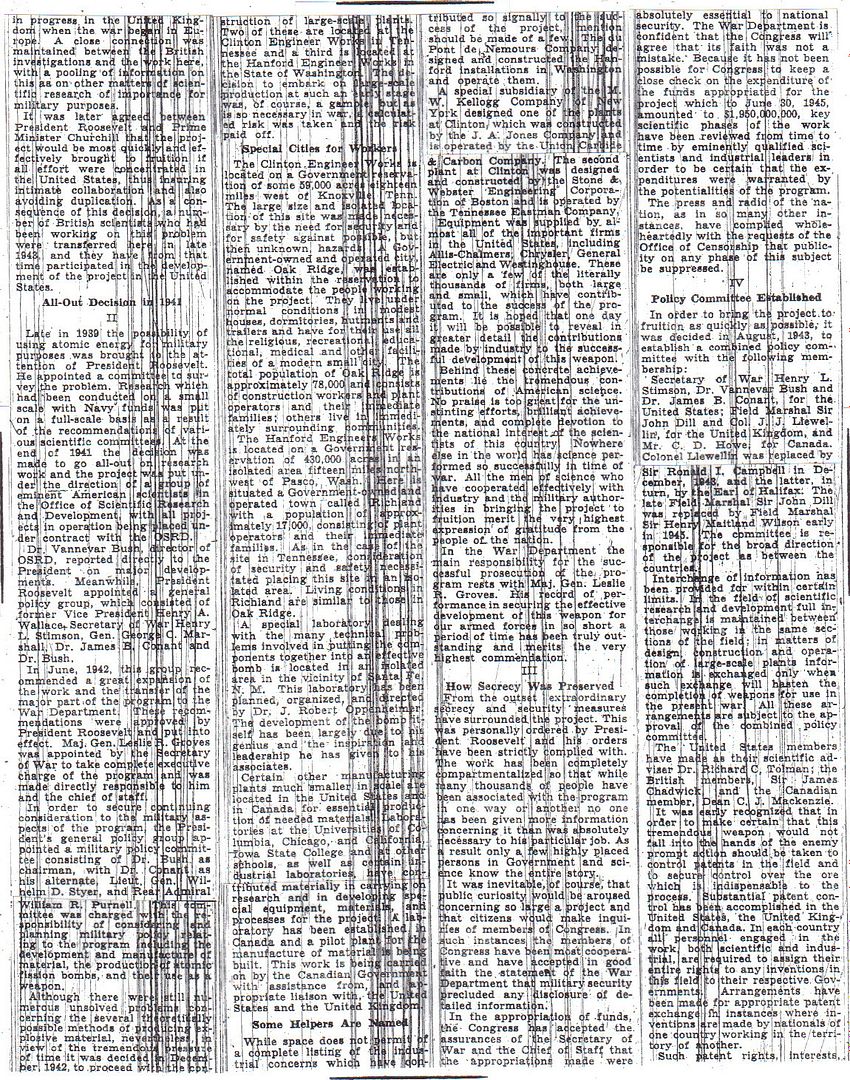
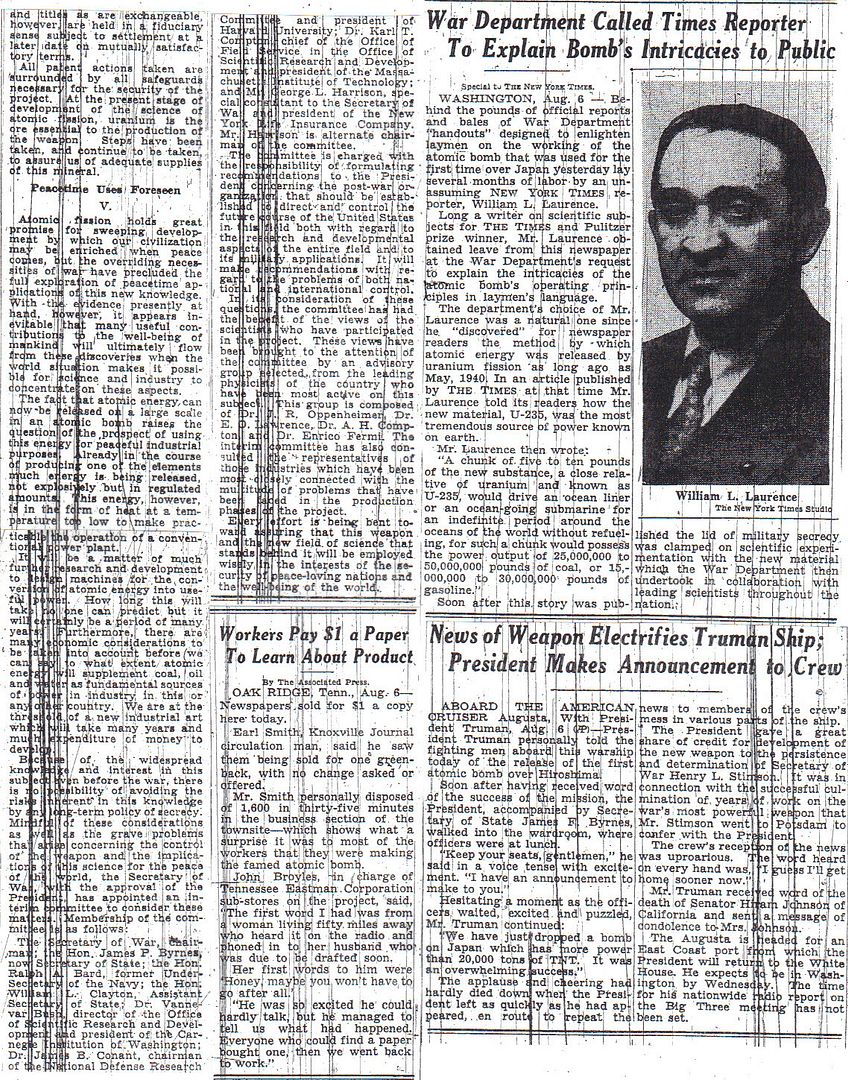
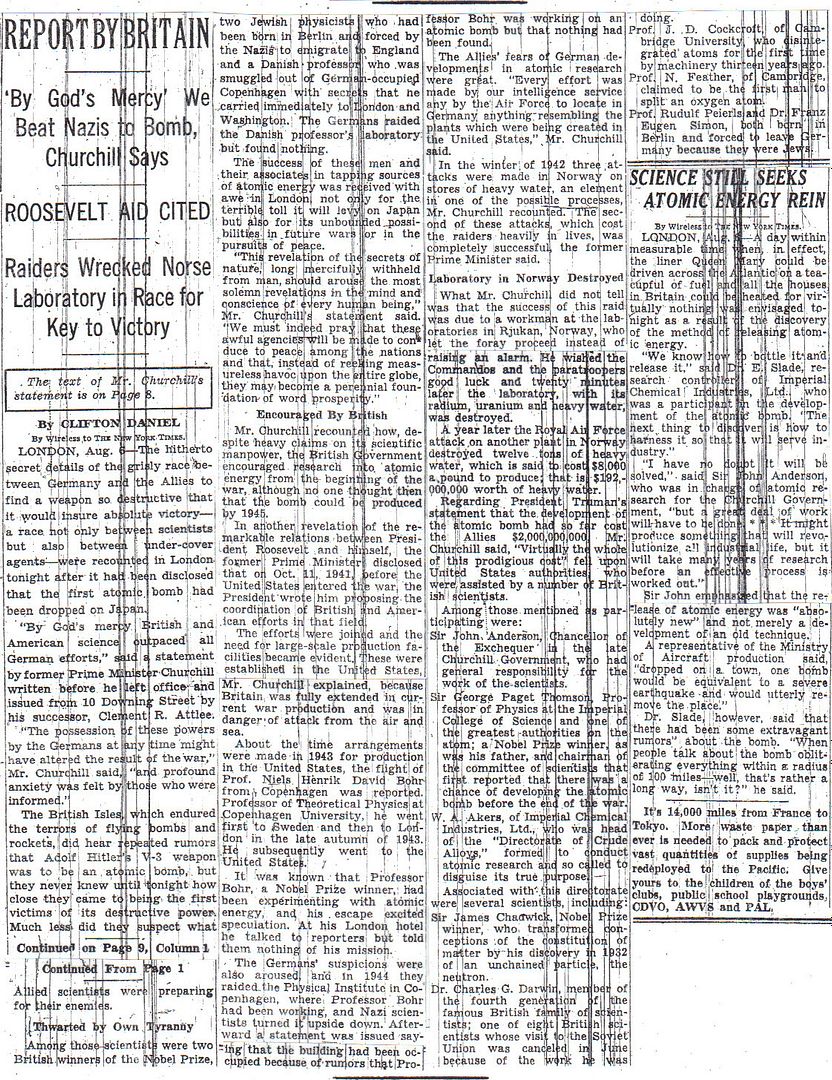
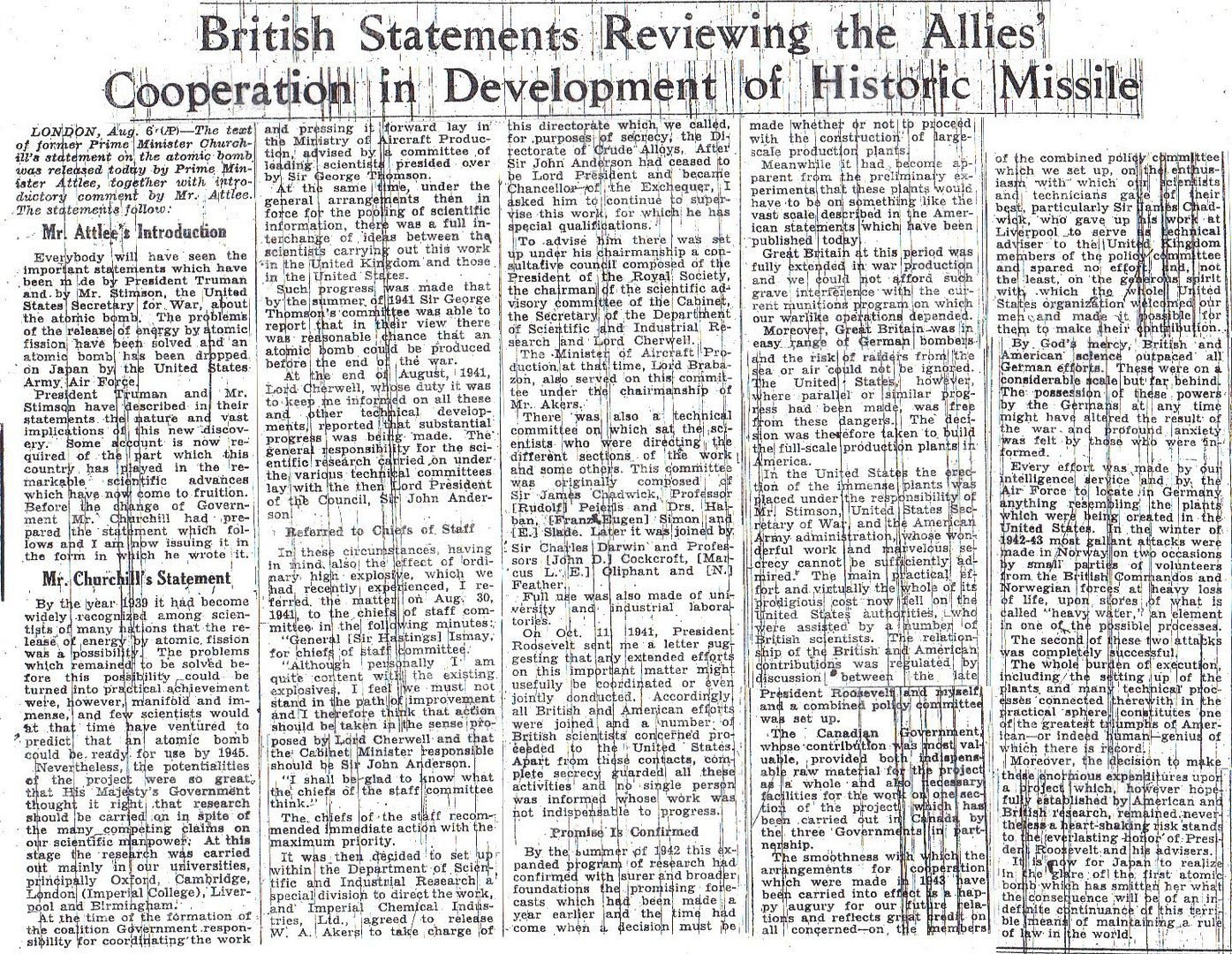
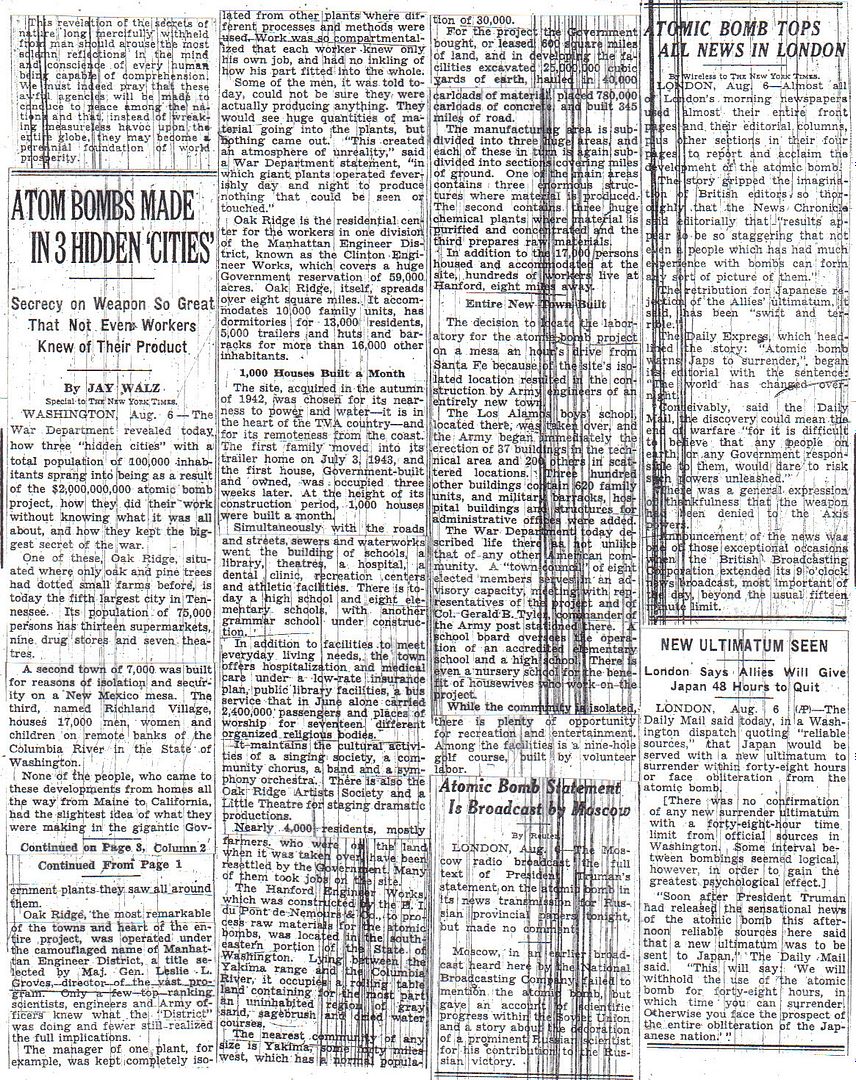
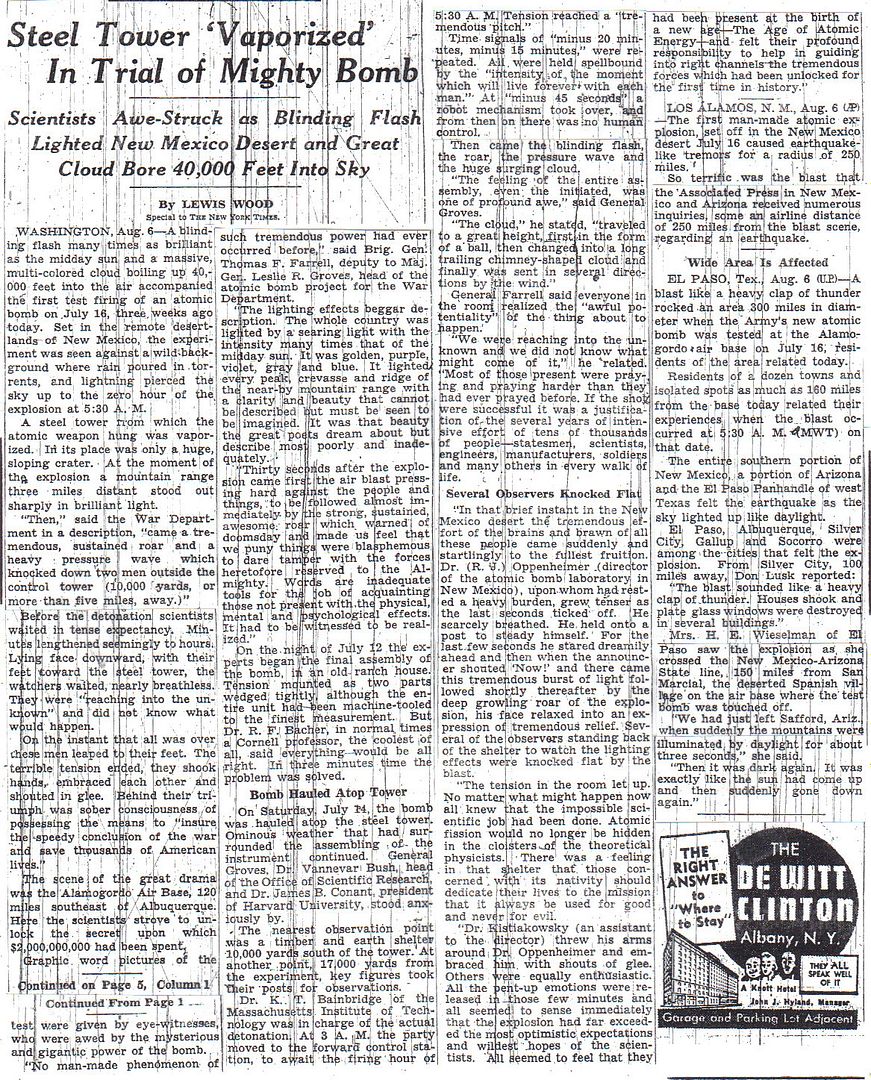
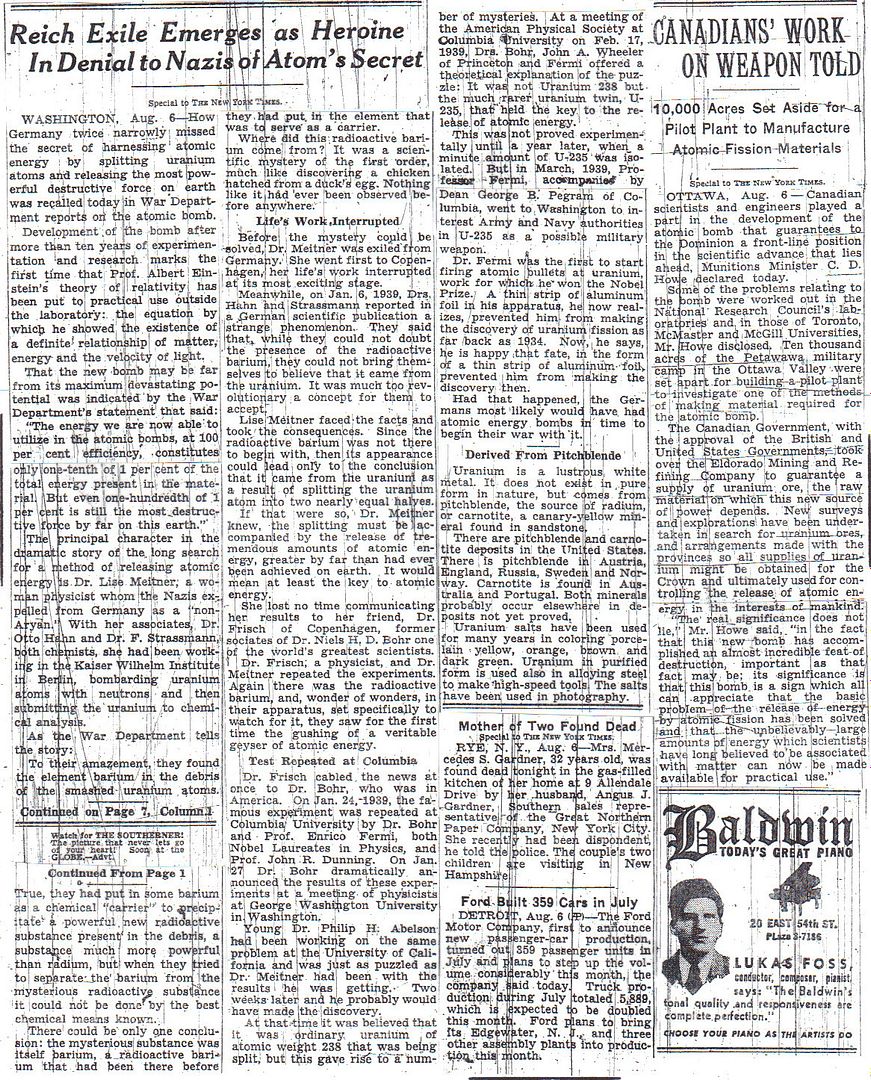
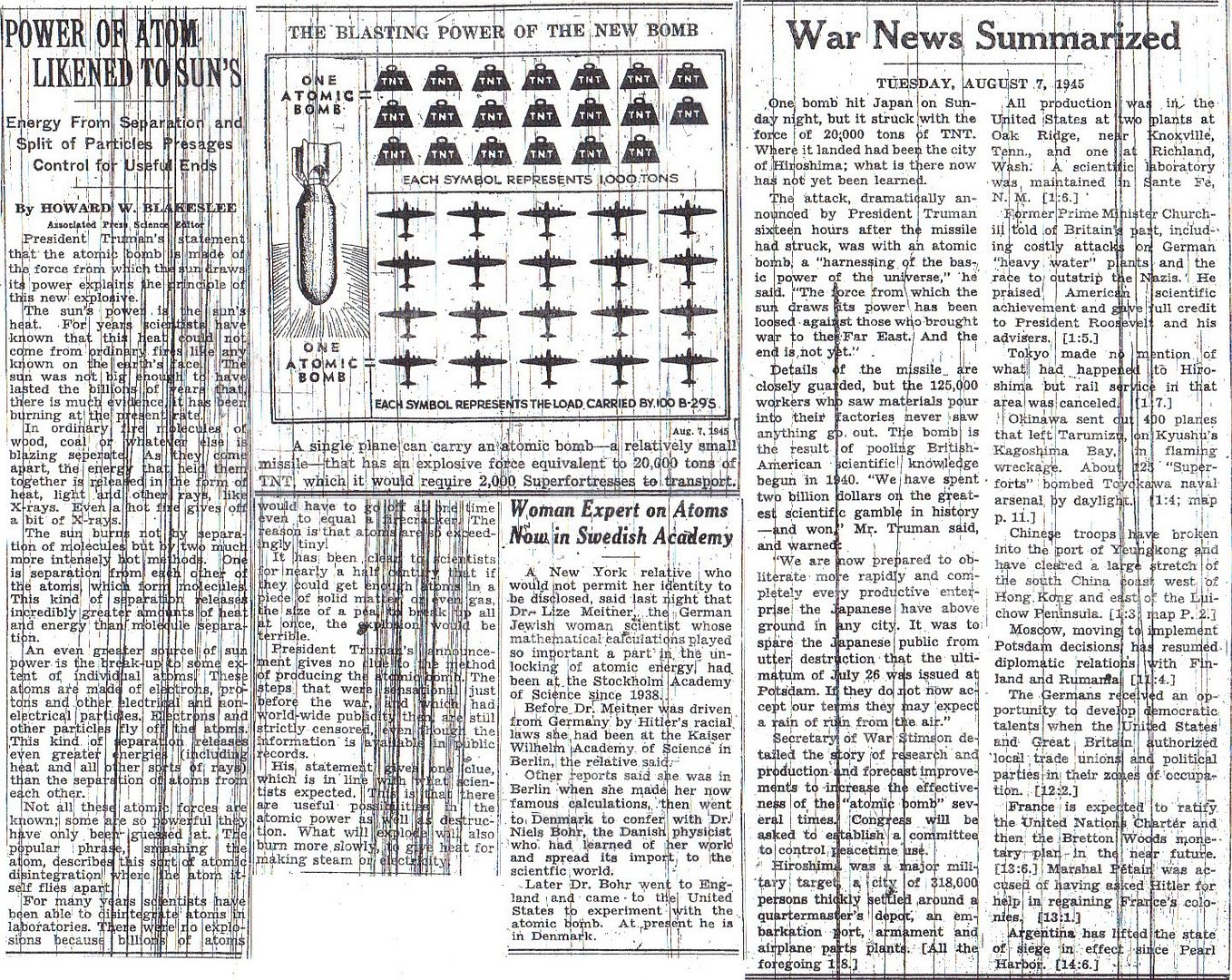
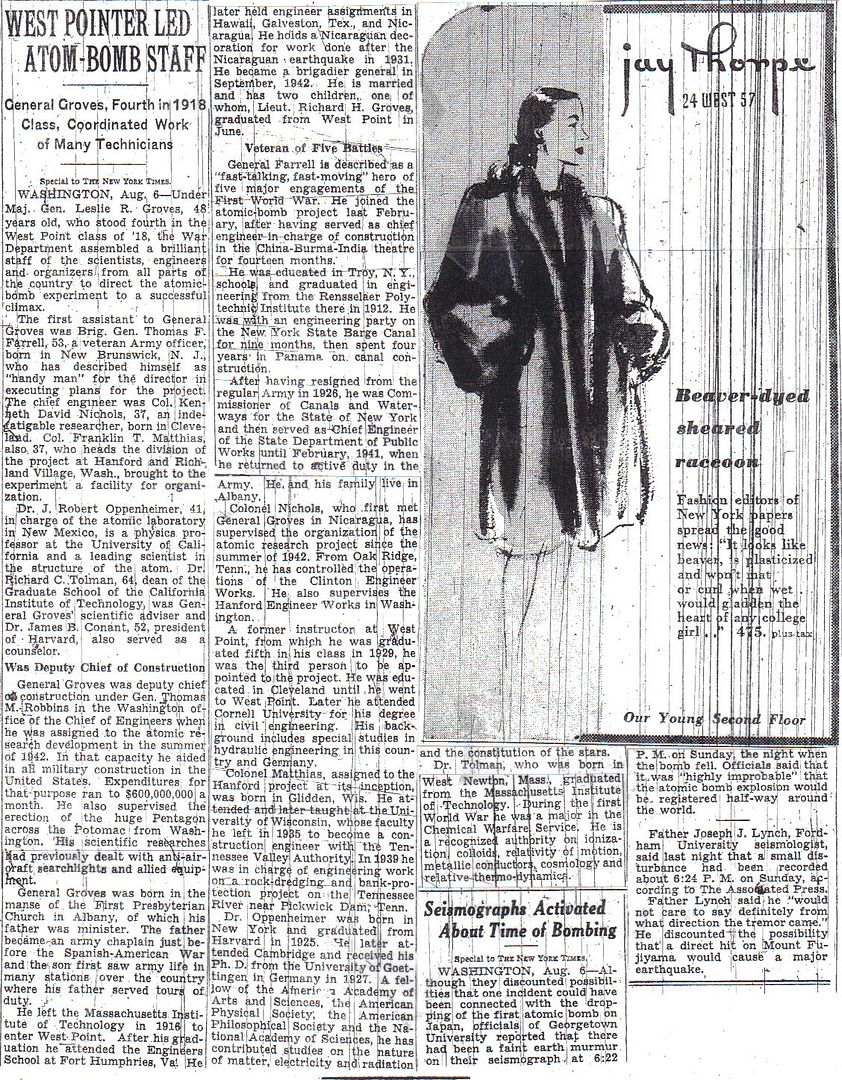
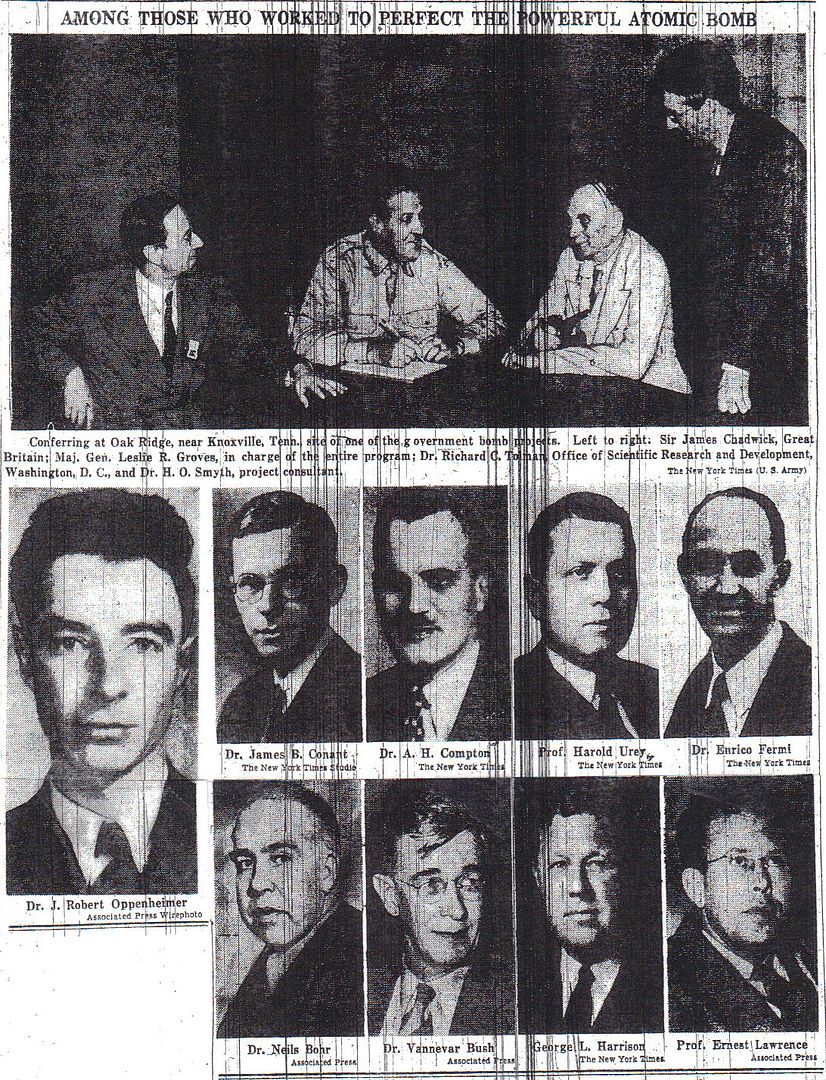
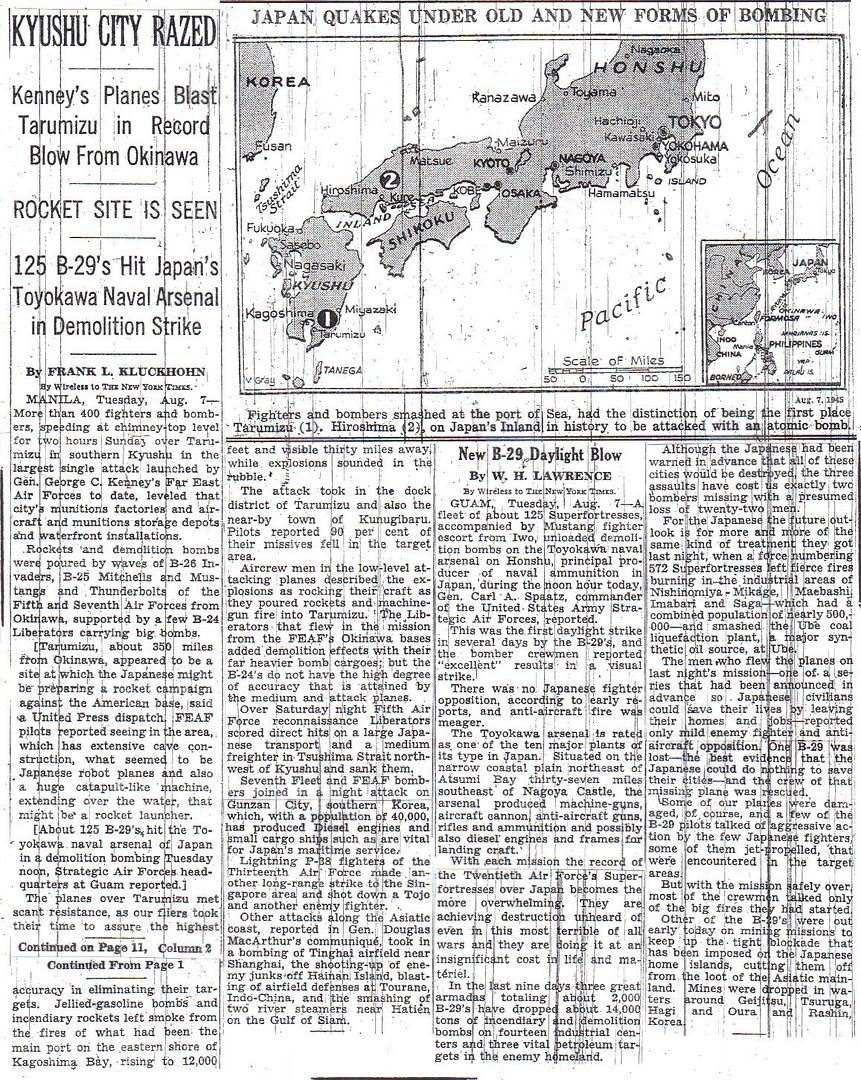
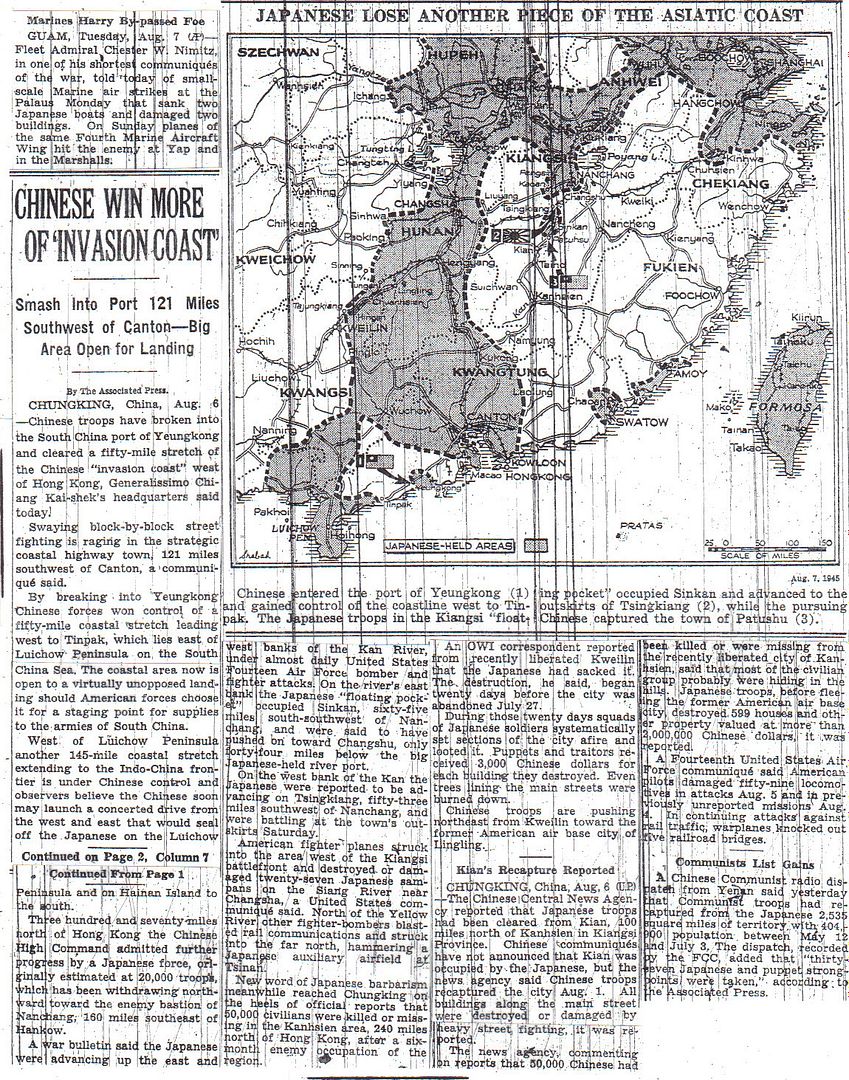
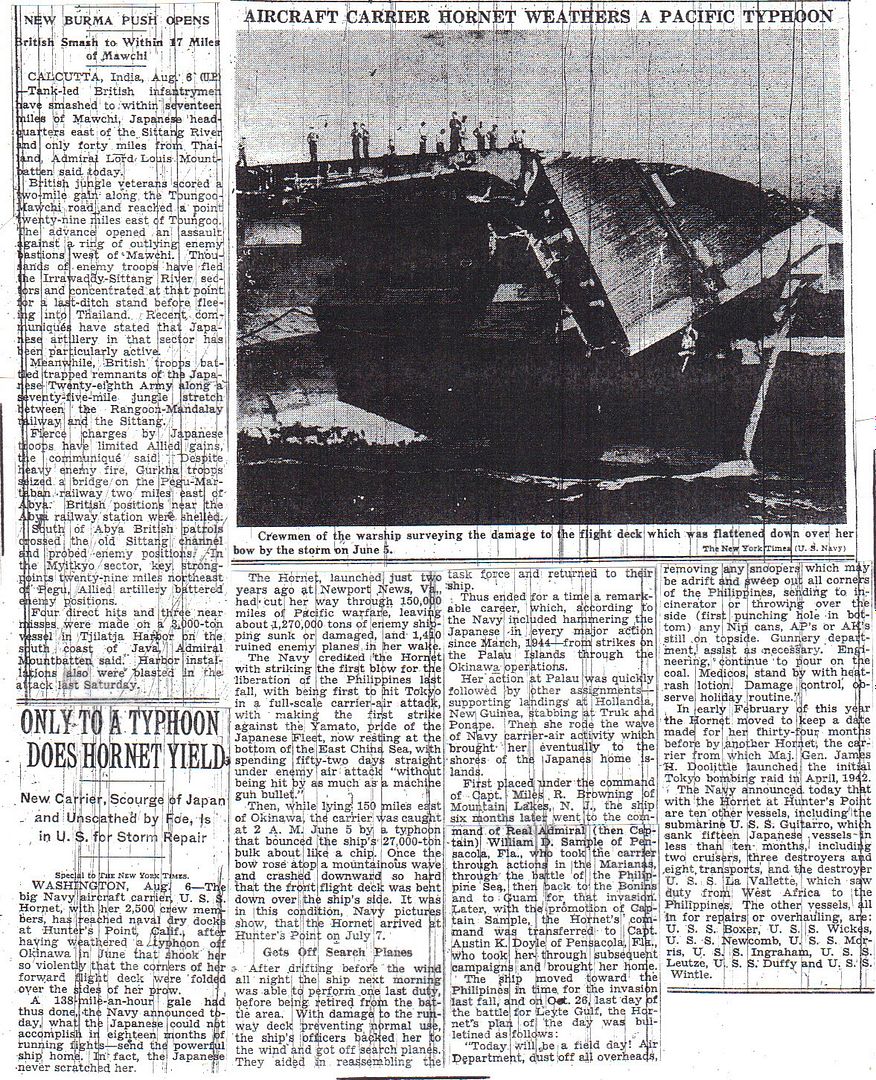
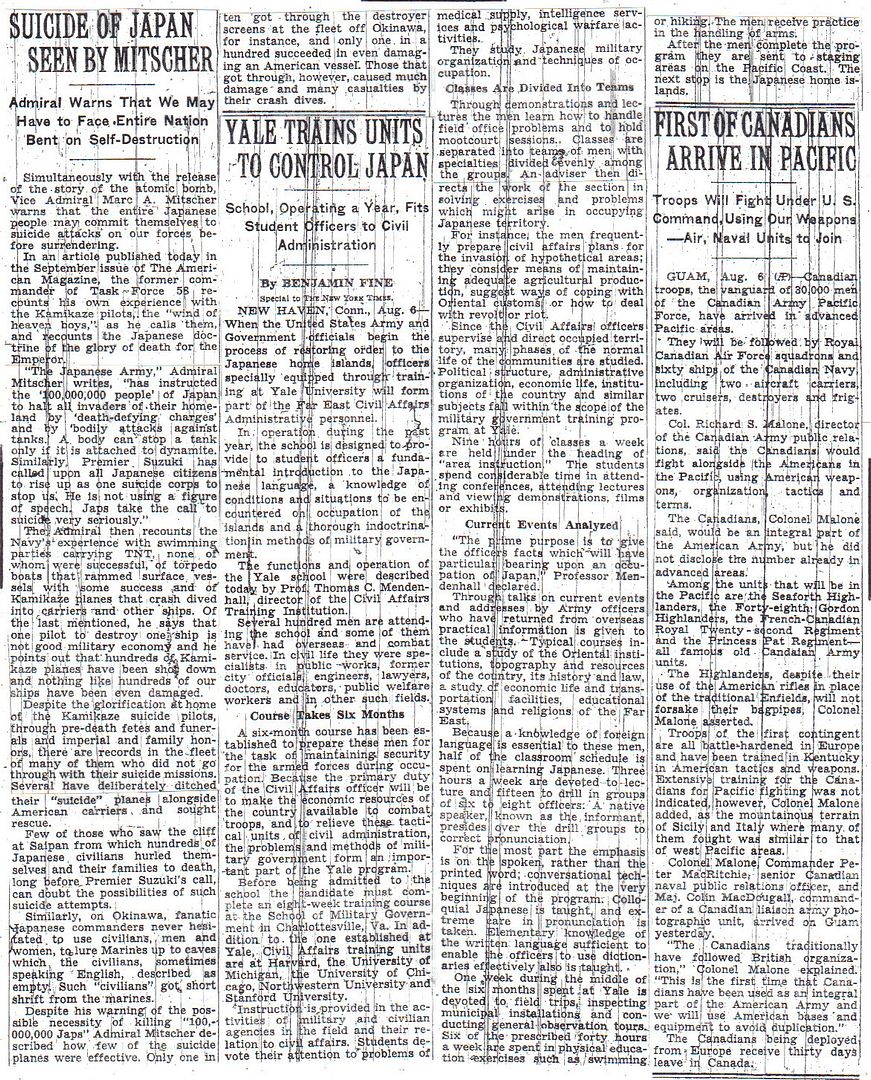
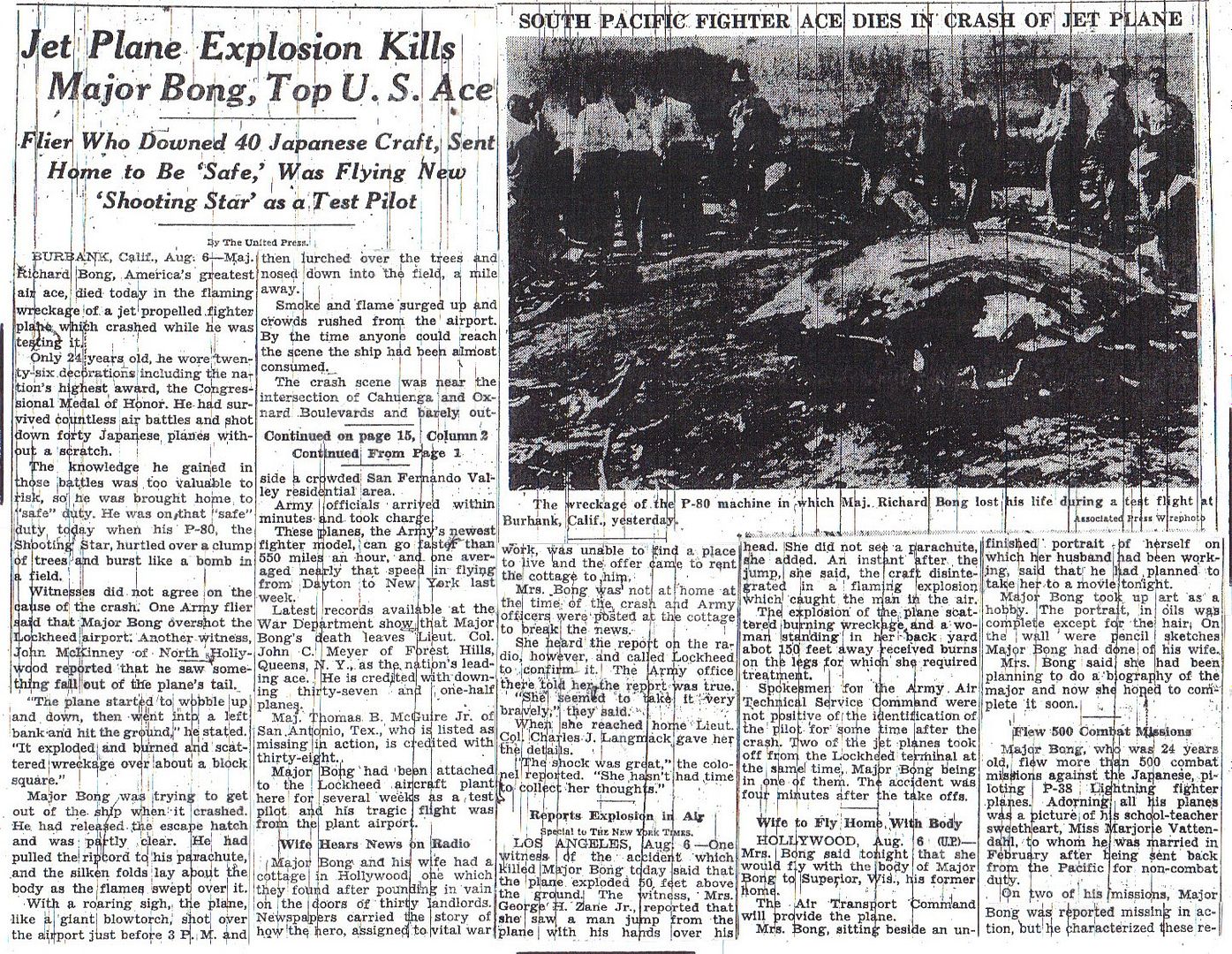
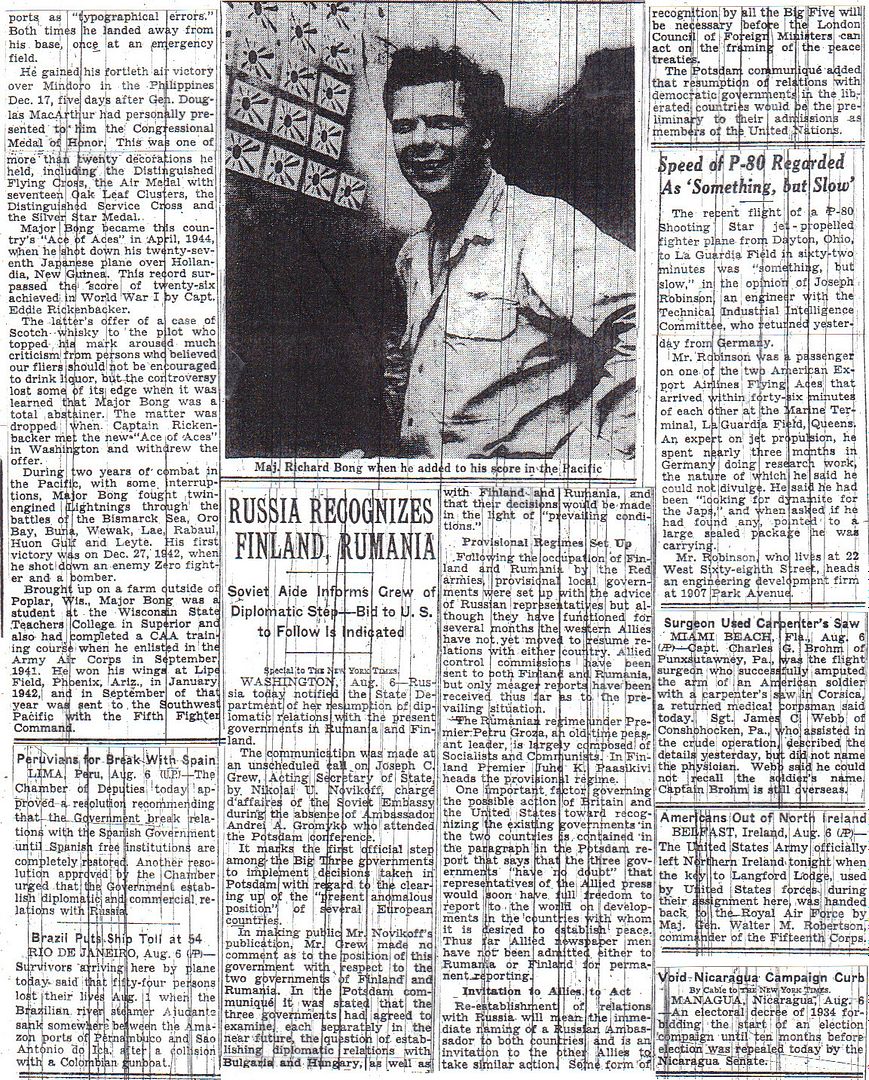
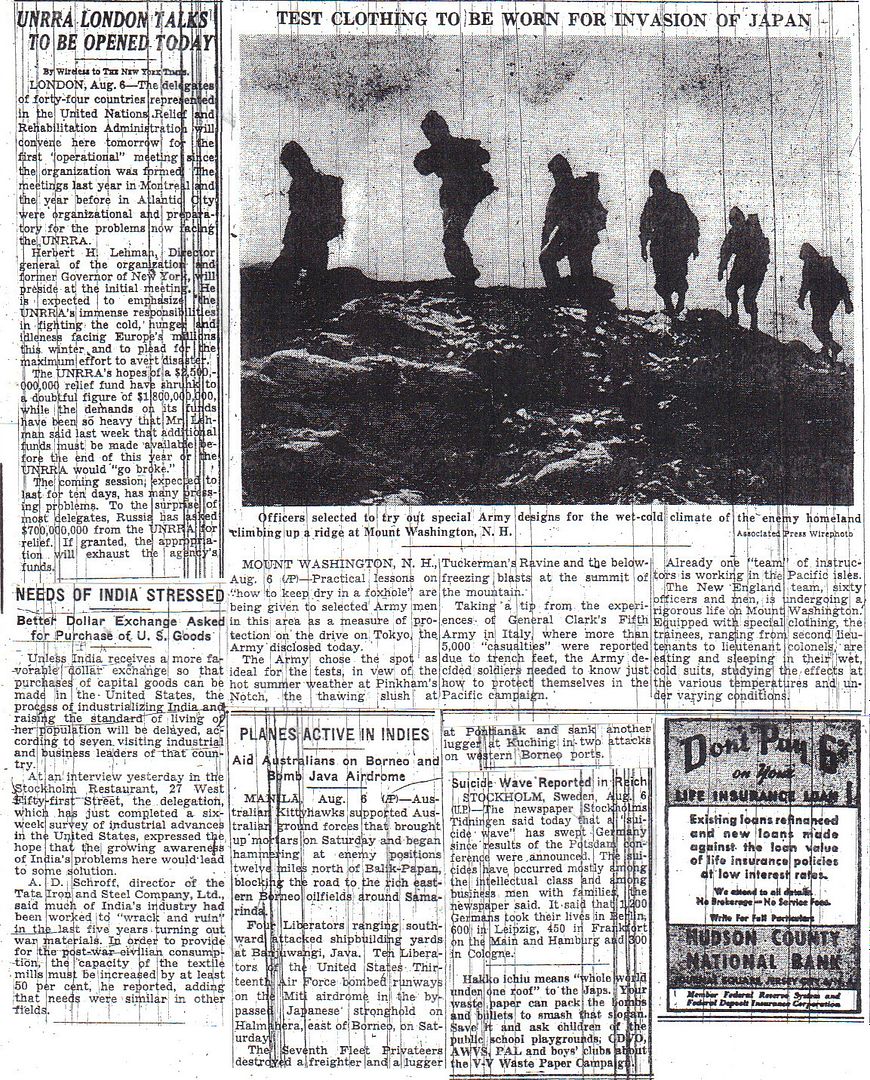
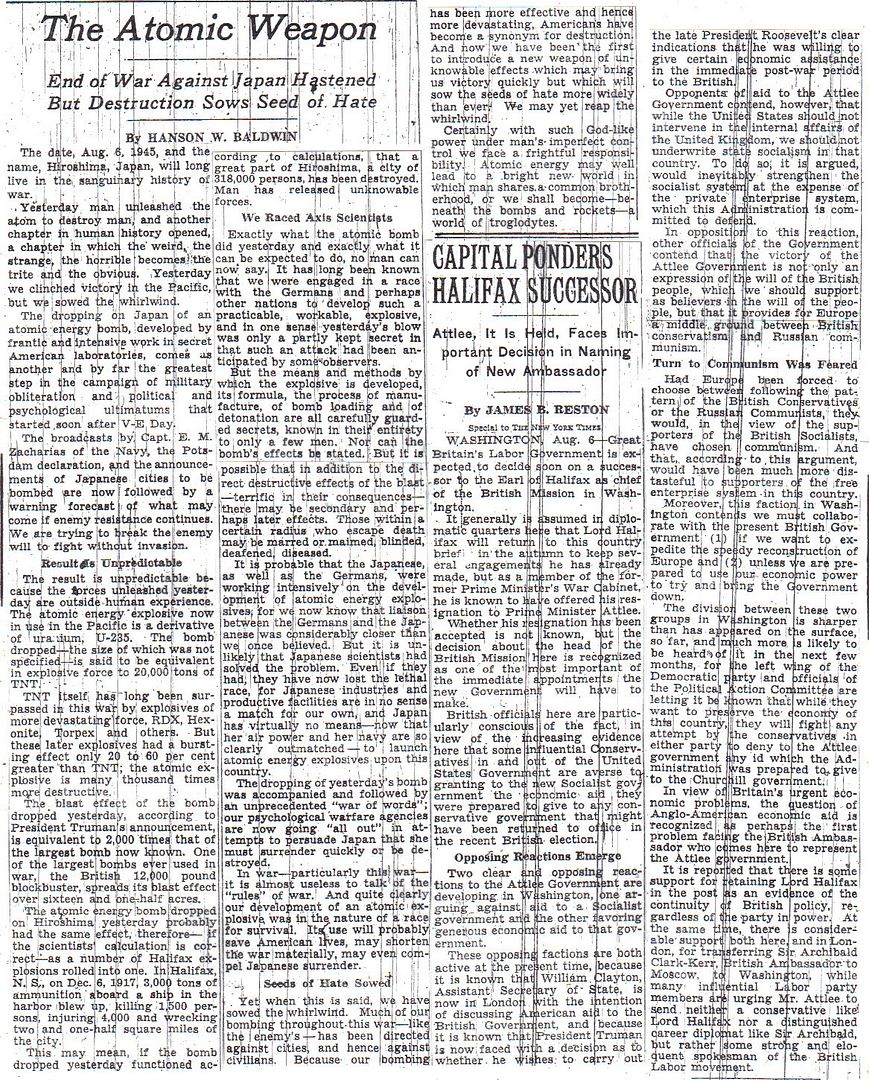
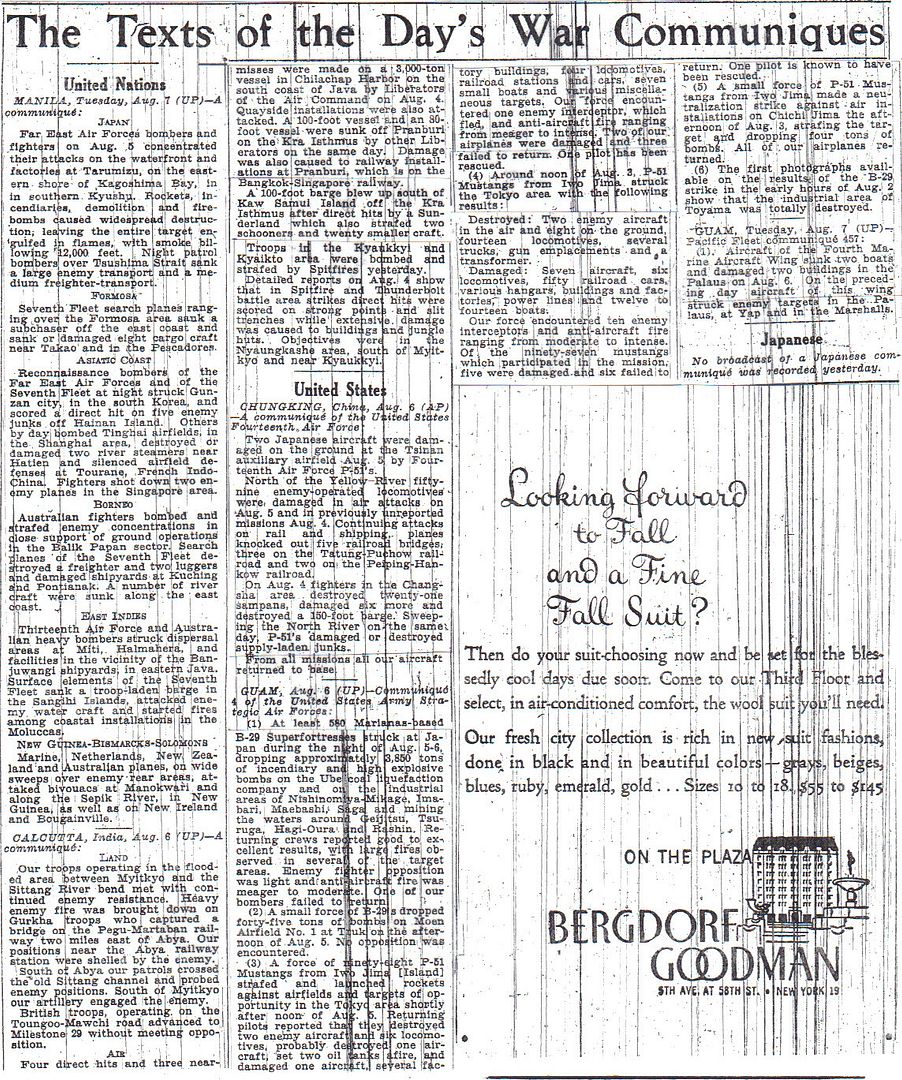
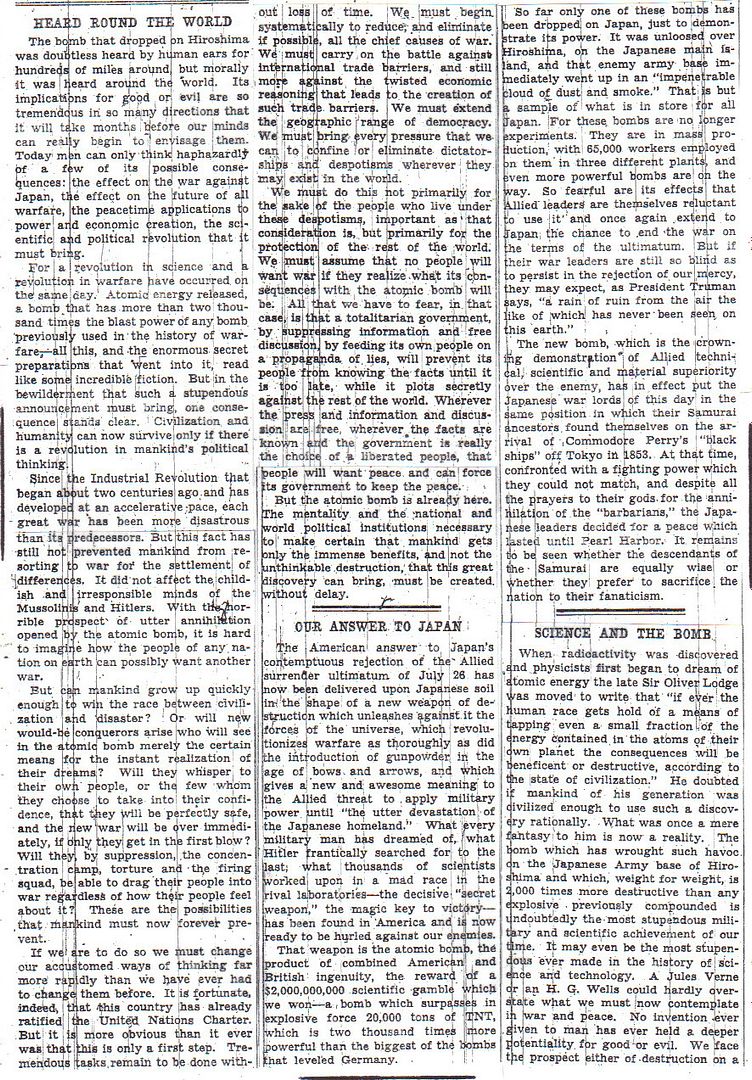
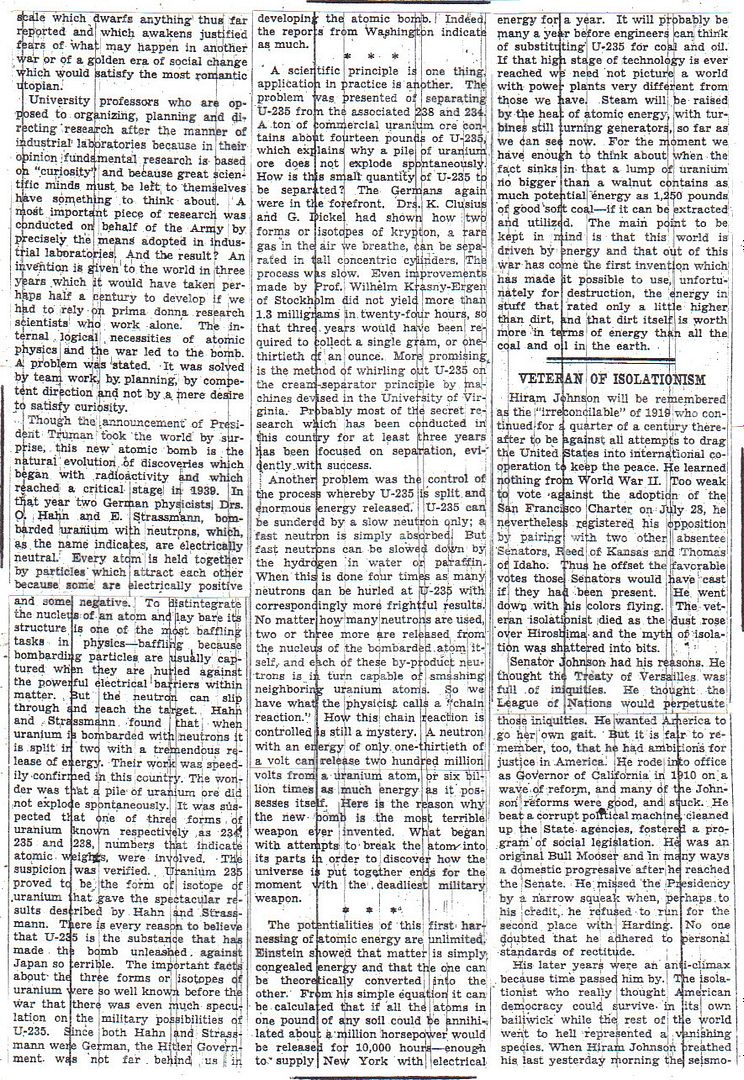
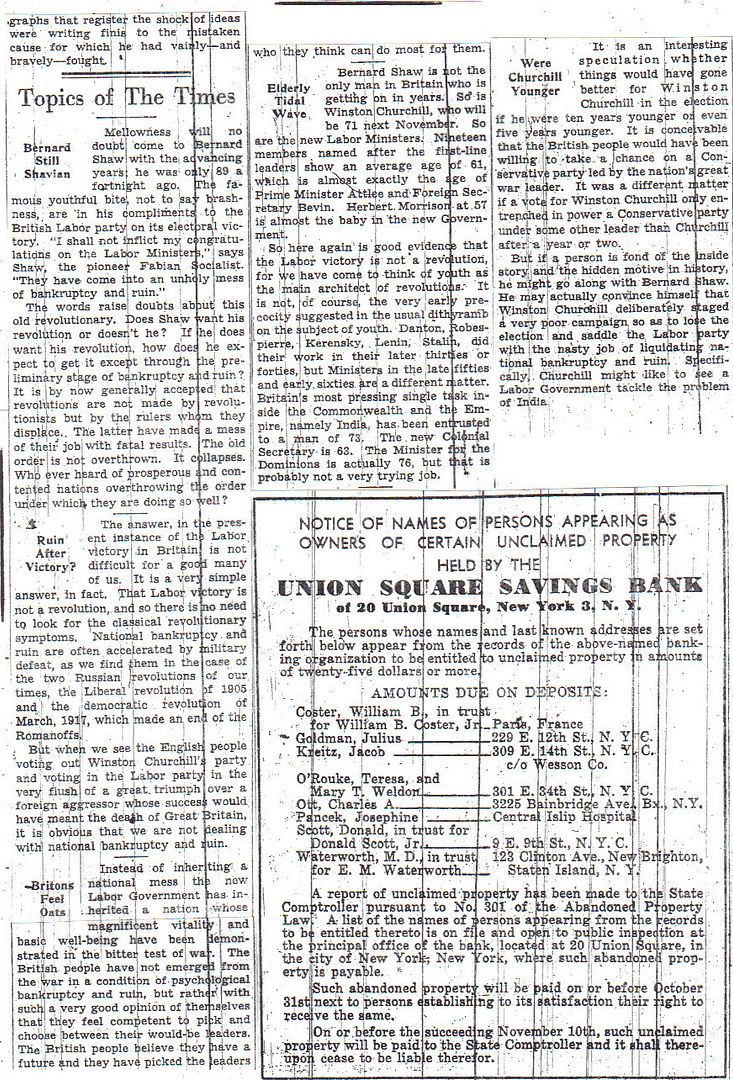
Among the communist or communist-sympathizing left in the United States, there are certain “truths” that are religiously clung to; Saccho and Vanzetti and the Rosenbergs were innocent, socialized medicine is the wave of the future, and my favorite, the United States dropped the atomic bombs on Japan only to intimidate Russia. The leading American proponent of this argument was a pseudo-historian Gar Alperovitz, a communist professor of history at the University of Maryland. He has written a few books on the subject: The Decision to Use the Atomic Bomb and Atomic Diplomacy; Hiroshima and Potsdam. Alperovitz should receive his award as Hero of the Soviet Union, except that his beloved USSR no longer exists. His books are filled with distortions and half-truths to promote an agenda.
The essentials of this theory are this: Japan was ready to surrender, and would have done so in the very near future. The use of the bombs was not necessary in the purely military sense against Japan, so there must have been another motive. That motive was to intimidate the USSR in the post-war world. This was entirely the creation or fault of the Truman administration. Before Potsdam, we were looking at a wonderfully peaceful world where the USSR would be a fully cooperative member of the world community, and peacefully rebuild after the war. Instead, Truman deliberately concealed the existence of the atomic bombs, used them to intimidate the USSR, and then proceeded to launch the Cold War by going down a policy path that was inimical to the USSR. As a result, the USSR could not peaceably rebuild, but instead her citizens suffered privation from having to create a military power structure to defend itself against American aggression.
When looking at the historical record of Stalin’s policies in Eastern Europe starting in 1944, it’s patently obvious this theory is bunk. Where would such an idea come from? Well, for an American communist history professor, the answer is pretty obvious. He is parroting the Party Line, the official dogma he was given by his communist masters in Moscow. And that’s because there is a very simple reason the Soviets came up with the theory that the bomb was intended to intimidate them.
It’s because that’s exactly what it did.
The best source of this observation was in Alexander Werth’s book Russia At War, originally published in 1963. Werth was a British citizen who was born in St. Petersburg, and then returned to the USSR as a correspondent for the Sunday Times and the BBC. Werth was a British socialist and true lefty, no doubt about it. And for that, during the war the Soviets gave him access most other western journalists could only dream of. His book is well worth the read, although like Shirer’s Collapse of the Third Republic you have to cut through the leftist slant to get to the historical nuggets. And Werth’s book has plenty of them. The last chapter of Russia At War deals with the end of the war, the “Summer of Peace” in 1945 between the fall of Berlin and the invasion of Manchuria, and most of all, The Bomb.
First I should offer a little bit of background information here gained from Werth’s book. One thing that surprised me when I first read it was how much emphasis Werth put on public opinion in the USSR; the beliefs and opinions of the “ordinary Russian.” By this, I don’t mean the average peasant starving on the kolkhoz. That guy didn’t mean jack and Werth didn’t rub shoulders with him. I’m talking about the intelligentsia in the major cities. Those were the Russians Werth dealt with, and whose opinions Werth recorded. We all think of Stalin’s USSR as a giant ant hill/slave labor camp where the masters had the whips and the people were slaves. It pretty much was like that, but the Party cared a lot about the opinions of the educated citizenry in the cities. That’s why propaganda was so important. That’s why they worked so hard to shape those opinions.
So what was the general mood in the USSR between May and August, 1945? It was a sense of joy, of relief, of accomplishment, and above all, pride. They had narrowly survived an existential threat to their nation, triumphed over their hated foe who destroyed much of their country, and in so doing forged the mightiest land army the world had ever seen. True, there was a lot of work to be done to get the country back on its feet, but the boys were coming home and they had earned certain liberties from the state because of their sacrifice. Or so they thought. Most important, the USSR, previously shunned as a pariah state, was now strong and powerful, a force in world affairs and because of the might of the Red Army, a country whose word had to be respected.
Don’t forget one other aspect of the Russian psyche, in addition to their well-known national paranoia, which Werth didn’t really touch upon directly, but nonetheless it is very real. The paragraph I wrote above reveals much about one character trait of the Russians that has always been there and is still there today. They have a tremendous inferiority complex when it comes to Western Europe and the United States. This is particularly pronounced in technical, scientific and industrial fields. The victory over Germany made them feel our equals, or even our betters, as a great salve to that inferiority complex.
But all that changed on August 8, 1945, when they learned of the atomic bomb. Werth recorded the reactions of the “man on the street.” They immediately realized it was a “new thing.” The pessimists among them said their sacrifices to defeat Germany were “as good as wasted.” The Red Army, that great instrument of national power, was instantly made irrelevant and obsolete. And the Russians were pissed. They were mad at the United States. We came up with this new wonder weapon just to cheat them out of their rightfully won place in the world. And they took it personally. The use of the bomb touched every raw nerve in the Russian psyche; the paranoia, the fear, and the inferiority complex.
And having the bomb did exactly what the Russians thought we intended it to do. It did allow us to maintain a paper army in Germany for many years while the Red Army stayed with a high level of combat power. The USSR did a lot of damage around the world, but far less than they could have. Because we had the bomb, and they didn’t. On August 6, 1945, it immediately became the “Great Truth” about atomic/nuclear weapons that you didn’t have to use them, you just had to have them.
To the Russians, our exclusive possession of the bomb is what caused the Cold War, not Stalin breaking every promise he made at Yalta. It was the bomb that caused the Party to clamp down on the liberties they’d enjoyed during the war, not Stalin’s paranoia that caused the Purges and Collectivization in the 1930s. It was our possession of the bomb that forced them back into the factories and mines to make weapons and not blue jeans and toasters, not Stalin’s continuation of his brutal Five Year Plans begun before the war. Yes, we became the scapegoat for all their ills. It was a neat way for the Party to create the boogeyman to maintain their control over public opinion.
And that’s where the American leftist/communist mantra came from. They believe we dropped the bomb just to intimidate Russia. And the reason they were told this by their Moscow masters is because those masters were in fact intimidated.
By the way, the best refutation of Alperovitz is Richard Frank’s Downfall; the End of the Imperial Japanese Empire, which Frank wrote explicitly to refute Alperovitz, and he did a masterful job in so doing.
"Today" my Dad was on Luzon, Philippines just getting word their Operation Olympic landings on Kyushu, November 1, 1945, might be a little easier than they were previously expecting:
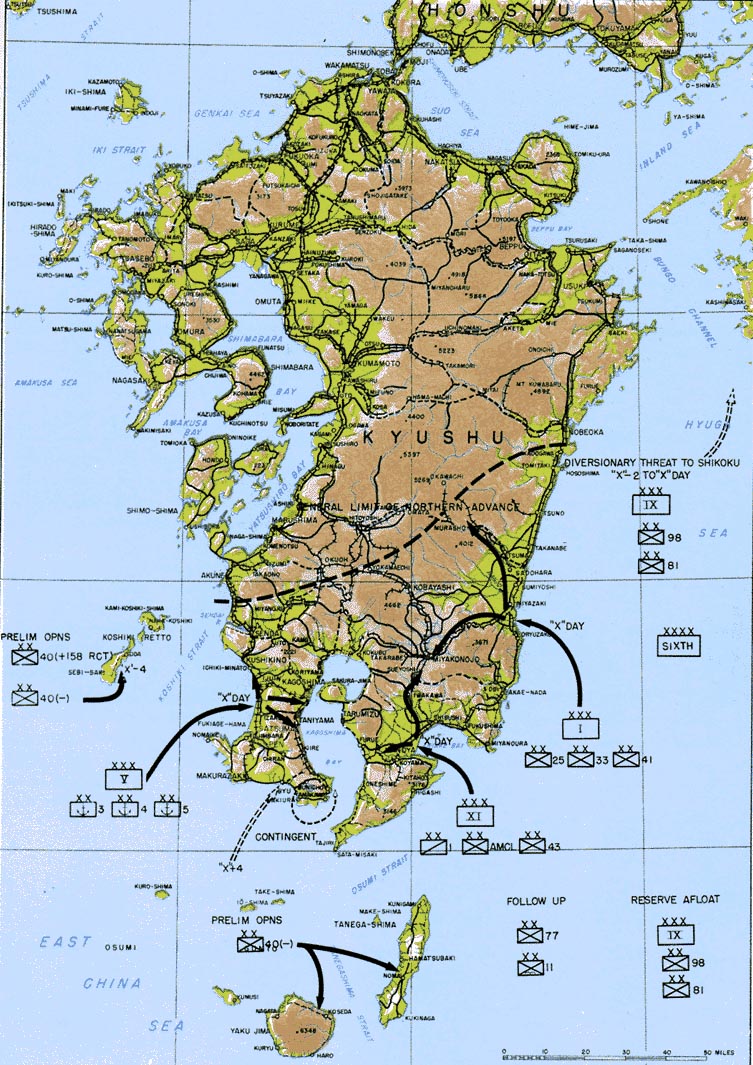
wow, this new bomb sure has people excited
How interesting. Thank you for posting.
Could be the start of a whole new global ballgame ... could be just a fluke ...
Thank the Good Lord that Truman had the guts to drop The Bomb. AS someone mentioned, the casualties on both sides alone were astronomical. I am alive today because he had the guts...my dad was stationed on Okinawa and most likely would have been in the first wave ashore.
bump
Made in America and tested in Japan bump.
Thanks for posting. Fascinating stuff.
Your father worked on a project that saved many American lives and the lives of many Japanese as well.
Your father is among the many un-sung hero’s of WW II.
I am trying to figure out how to post some of the pictures I took when I was in Hiroshima in 2006, of the places that most people don’t take pictures of: the foundation of the Imperial Military Headquarters (all that remains of it), on which Japanese teens were playing baseball catch; Shukkei-en, a beautiful garden complex; the double-length buses that run throughout the city, right at the epicenter.
Hiroshima is a beautiful place. I am getting too old now, but if I ever had the chance to live in Japan, I think I would prefer it to most of the other cities I have visited or lived in.
He already knew which island and on what date he was going to Japan, wow
Thanks. Never seen those before.
Awesome post.
The day everything changed.
Question: Were the antennae necessary for proximity detonation above the surface?
My Dad shipped into Manila Bay in early June of 1945. On this day in 1945, he and his buddies were waiting for orders anytime to go to Mainland Japan for the invasion.
Thank you, scientists and Harry Truman. He lived to be 94.
Well... my Dad's 33rd Infantry Division history describes at length: their training and preparations on Luzon for Operation Olympic, that it was scheduled for November 1, 1945, their relief on learning of the A-bombs, and that after V-J day Olympic was replaced by Operation Black List.
The history does not say how much they knew then, or when they knew it.
Doubtless the same efforts were made to keep precise details secret as had been made for Operation Overlord in Normandy.
Thanks for asking -- I had not previously noticed Operation Black List, which explains why I Corps landed on September 25, near Wakayama & Kobe on Honshu, instead of Olympic's planned Kyushu landings.
That is way cool.
Look at the story on p. 6. The Government had been briefing the New York Times' science reporter for months, so that he could explain everything once the secret was out.
Disclaimer: Opinions posted on Free Republic are those of the individual posters and do not necessarily represent the opinion of Free Republic or its management. All materials posted herein are protected by copyright law and the exemption for fair use of copyrighted works.